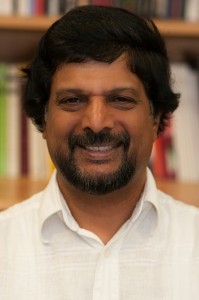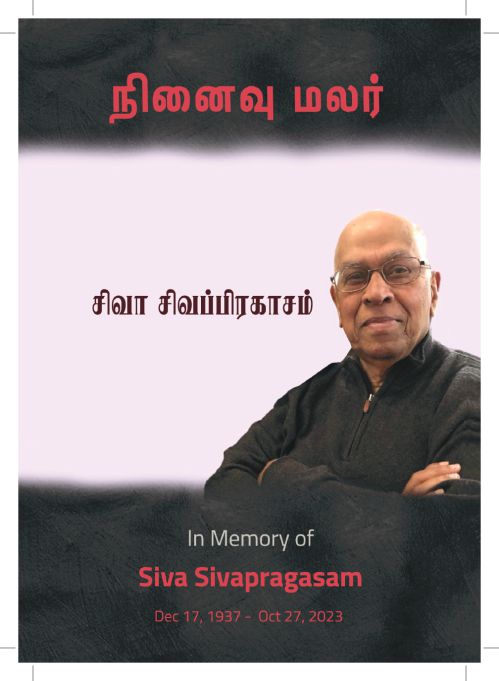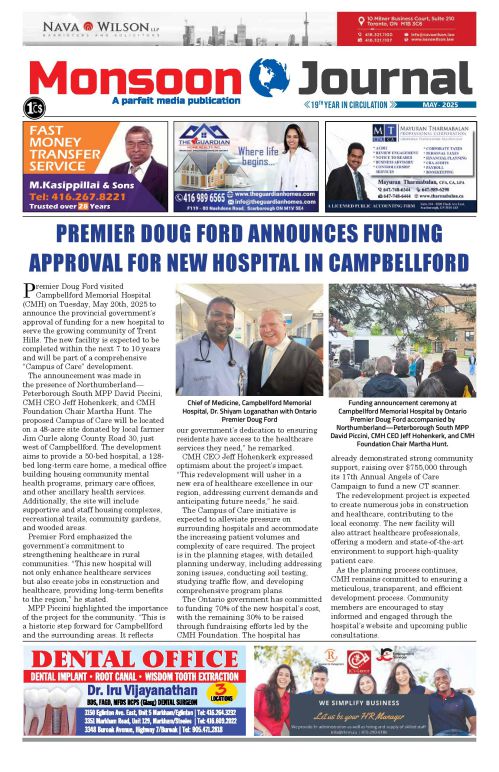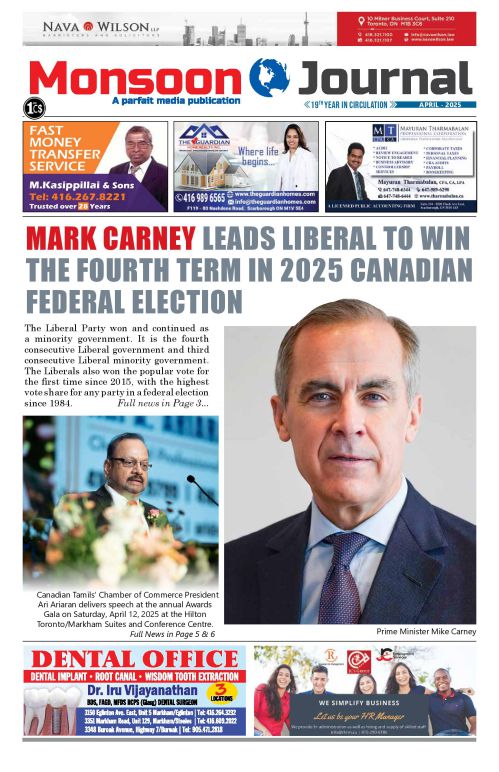 Suresh Canagarajah, the Edwin Erle Sparks Professor in Applied Linguistics, English and Asian Studies at Penn State, will receive the 33rd Mina P. Shaughnessy Prize from the Modern Language Association for his book “Translingual Practice: Global Englishes and Cosmopolitan Relations,” published by Routledge. The prize is awarded for an outstanding work on language, culture, literature, or literacy with strong application to the teaching of English.
Suresh Canagarajah, the Edwin Erle Sparks Professor in Applied Linguistics, English and Asian Studies at Penn State, will receive the 33rd Mina P. Shaughnessy Prize from the Modern Language Association for his book “Translingual Practice: Global Englishes and Cosmopolitan Relations,” published by Routledge. The prize is awarded for an outstanding work on language, culture, literature, or literacy with strong application to the teaching of English.
The prize is one of 16 awards that will be presented in early January 2015, during the association???s annual convention, to be held in Vancouver. The committee???s citation for the winning book said “This lucid and cogent work resists the presentist pull to declare as unprecedented the global, digitalized, and hybridized languages of our historical moment. Acknowledging the risks and complications that accompany the call to reenvision English as a translingual practice, Suresh Canagarajah argues powerfully that we cannot afford to ignore or condemn the linguistic resources our students bring to us as we seek more ethical classrooms in a more cosmopolitan world.”
He is the author of eight books, including “Resisting Linguistic Imperialism in English Teaching,” which received the 1999 Mina P. Shaughnessy Prize and was shortlisted for the British Association for Applied Linguistics Book Prize, and “A Geopolitics of Academic Writing,” awarded the Olson Award by the Association of Teachers of Advanced Composition. He has served as the editor of TESOL Quarterly and has edited or co-edited special issues of the Journal of Language, Identity, and Education and the Reading Matrix.
His articles have appeared in numerous publications, including the Journal of Second Language Writing and the Annual Review of Applied Linguistics; for his article in “College Composition and Communication,” he received the Braddock Award for the best article in the journal in 2007.
Canagarajah received a bachelor of arts degree from the University of Kelaniya, in Sri Lanka; a master of arts degree from Bowling Green State University; and a doctorate from the University of Texas, Austin. He is a member of the faculty in the College of the Liberal Arts at Penn State.
The Modern Language Association of America and its 30,000 members in 100 countries work to strengthen the study and teaching of languages and literature. Founded in 1883, the MLA provides opportunities for its members to share their scholarly findings and teaching experiences with colleagues and to discuss trends in the academy.














